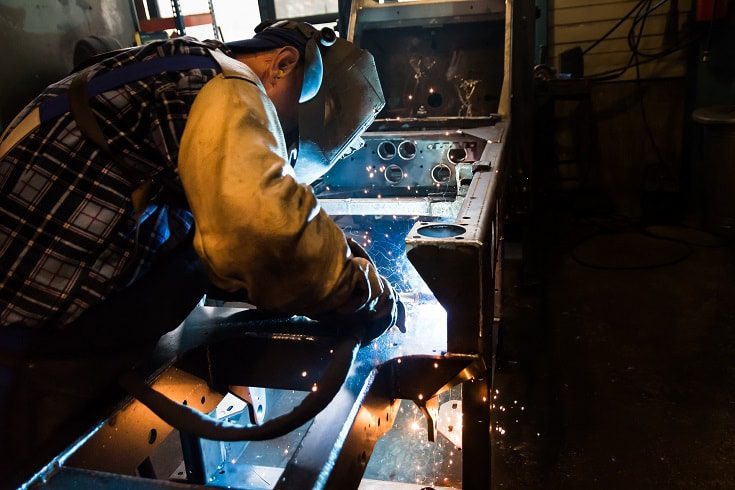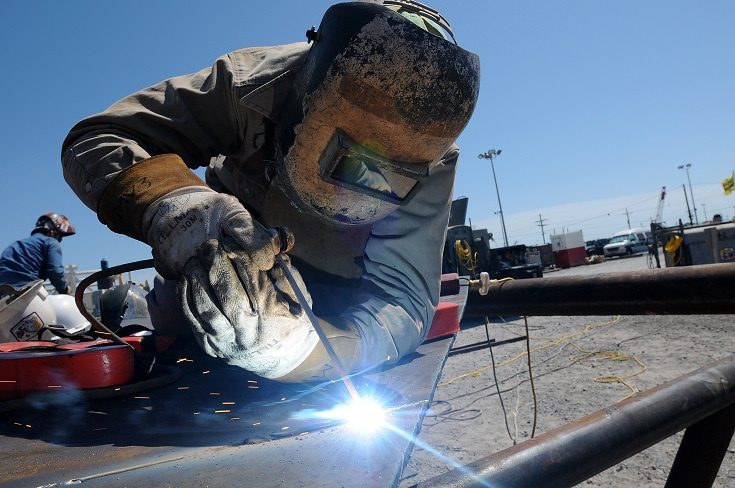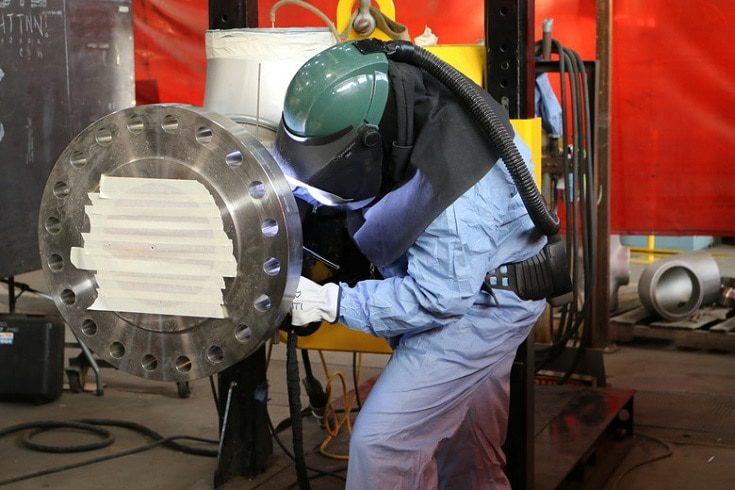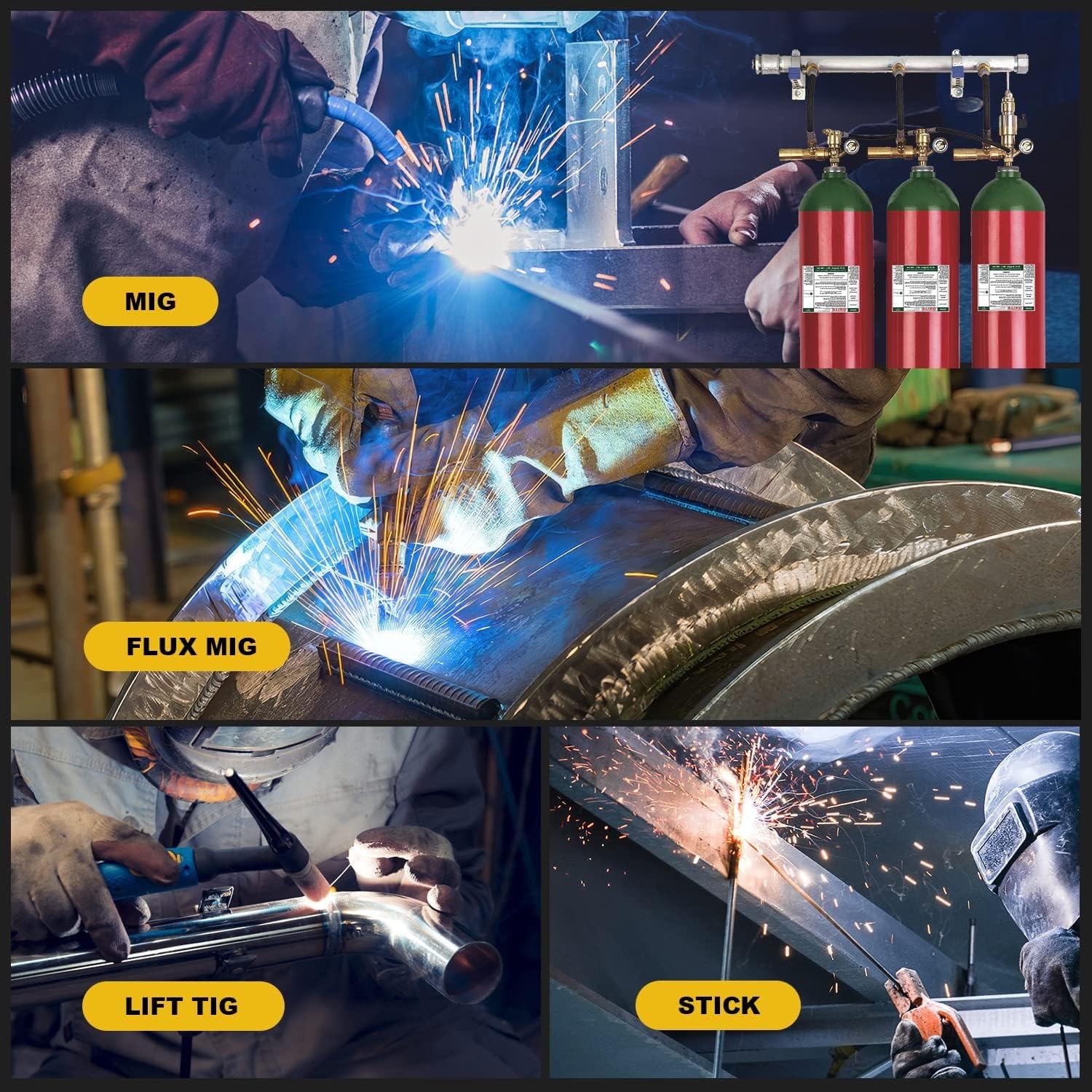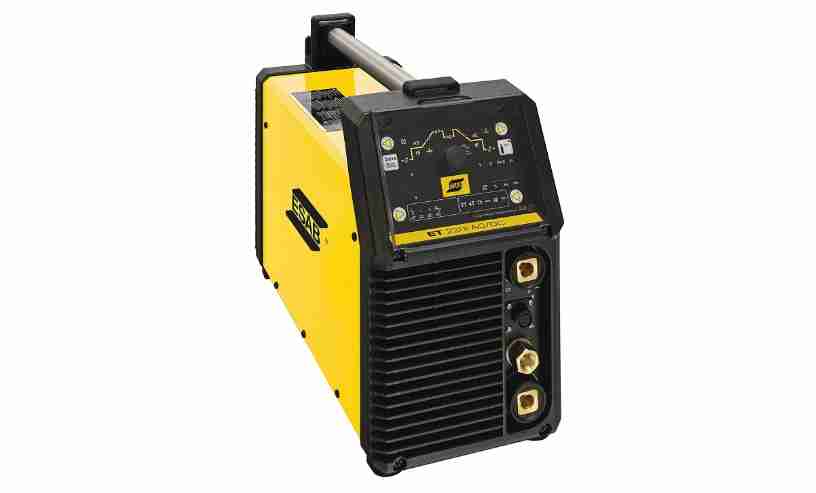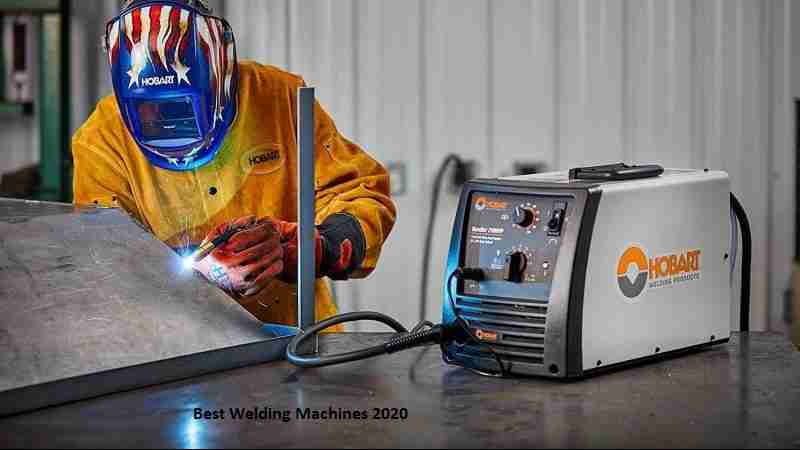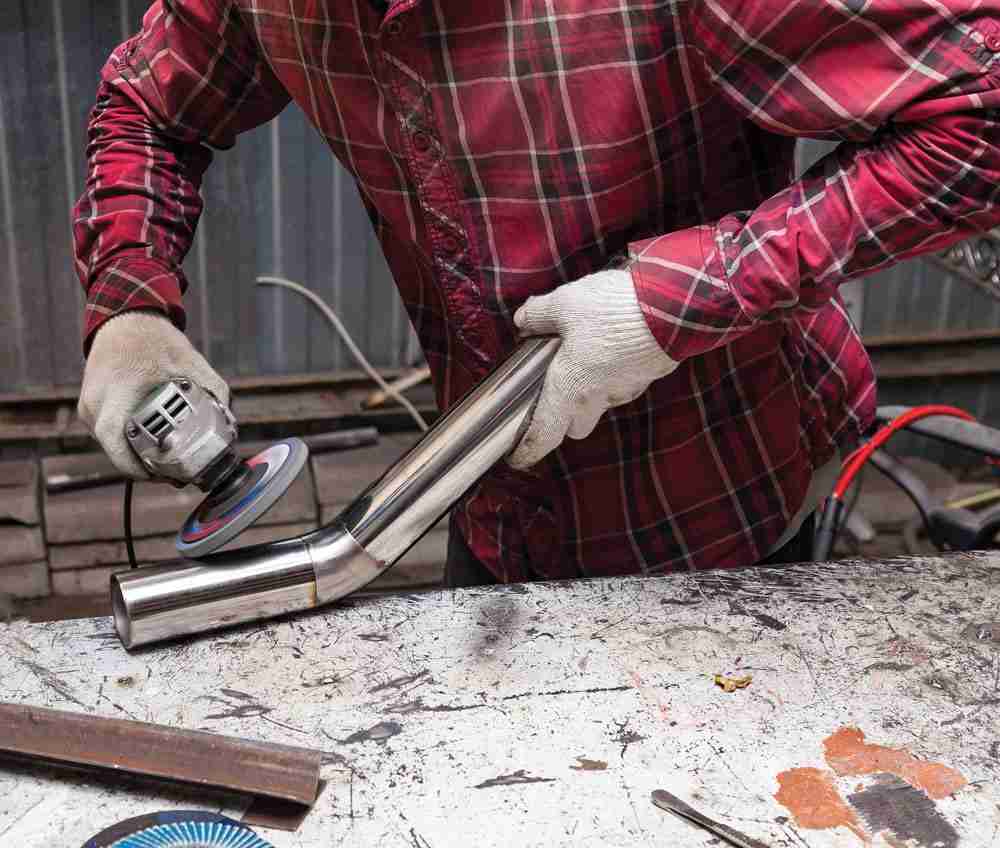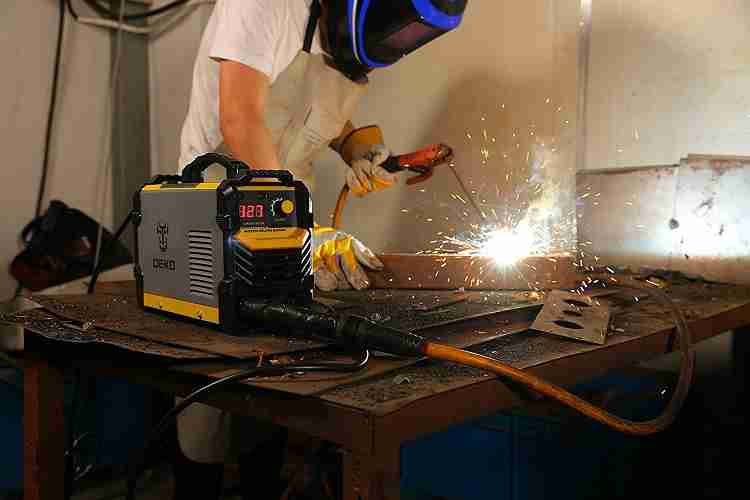Look no further if you’ve ever wondered who holds the highest-paid welder title. This article will answer your burning question and illuminate the factors contributing to their exceptional income.
Prepare to be intrigued as we dive into the world of welding and discover the individuals who command top dollar in this skilled profession.
Highest Paid Welders in the Industry
If you are considering a career in welding, you may be curious to know who the highest-paid welders in the industry are. Welding can be a lucrative profession, but several factors influence the salaries of welders.
In this article, we will explore these factors and provide you with valuable insights into how you can maximize your earnings as a welder.
Factors Influencing Welder Salaries
Several key factors play a crucial role in determining the salaries of welders. The first and most significant factor is the level of experience and qualifications a welder possesses. Welders with years of experience and advanced certifications often command higher salaries due to their expertise and skill level.
Another factor that influences welders’ salaries is the industry in which they work. Specific industries, such as oil and gas, construction, and aerospace, offer higher-paying welding jobs than others. The demand for welders and the specialized nature of the work in these industries contribute to the higher salaries.
Location is also a critical factor influencing welder salaries. Welders working in metropolitan areas or regions with a high demand for skilled welders often receive higher wages to compensate for the cost of living and competition for talent. Additionally, the cost of materials and projects in different regions can impact the salaries offered to welders.
Top Industries for High-Paying Welding Jobs
As mentioned earlier, specific industries offer higher-paying welding jobs due to the nature of their work and the demand for skilled welders. Oil and gas is one such industry that consistently ranks among the highest paying for welders. The need for welding expertise in constructing and maintaining pipelines, rigs, and refineries makes it a lucrative sector for welders.
The construction industry is another industry that offers excellent earning potential for welders. Construction projects often require skilled welders to work on large-scale infrastructure projects, including bridges, buildings, and highways. Welders with experience in structural welding or specialized certifications can earn substantial salaries in this field.
Aerospace is also a high-paying industry for welders. Precision and quality are of utmost importance in aerospace welding, making it a niche area that requires specific skills and extensive training.
Aerospace welders often work on aircraft components and parts, and their precision welding expertise is highly valued, resulting in competitive salaries.
Qualifications and Experience
Obtaining relevant qualifications and gaining experience is critical to becoming a highly-paid welder. Pursuing a certificate or diploma program in welding from a reputable trade school or vocational institute will equip you with the necessary skills and knowledge to start your career. These programs often include hands-on training, providing you with practical experience that employers value.
Additionally, acquiring on-the-job experience through apprenticeships or entry-level positions is crucial for developing your welding skills and expanding your knowledge. The more experience you accumulate, the more valuable you become to employers, which can lead to higher salaries and better job opportunities.
Certifications and Specializations
Although having a solid educational background and experience is essential, obtaining relevant certifications and specializing can significantly increase your earning potential as a welder. Numerous organizations offer certifications that validate your skills and expertise in specific welding areas.
For example, becoming a Certified Welding Inspector (CWI) through the American Welding Society (AWS) can open doors to higher-paying welding jobs. CWIs are responsible for ensuring the quality and integrity of welded structures, and their expertise is highly sought after in industries focused on safety and compliance.
Specializing in niche areas such as underwater, robotic, orbital welding can also be a lucrative career move. These specialized fields require advanced training and certifications, making welders with these skills in high demand and able to command higher salaries.
Location’s Impact on Welder Salaries
The location where you work as a welder plays a significant role in determining your salary. Metropolitan areas with higher living costs and a greater demand for skilled welders often offer higher wages to attract and retain talent. This is due to the need to compensate for the increased cost of living and to compete with other employers for skilled welders.
On the other hand, rural or less populated areas may offer lower wages to welders due to lower demand and a smaller job market. However, the cost of living in these areas is generally lower, which can offset the lower salary. Considering the overall cost of living and quality of life is essential when evaluating salary offers in different locations.
Highest Paid Welding Jobs
Within the welding field, certain job positions rank higher in terms of salary potential. For instance, engineers who oversee welding projects, develop procedures, and ensure compliance with industry standards often earn top salaries due to their extensive knowledge and technical expertise.
Pipeline welders specializing in welding pipe systems for oil and gas companies also rank among the highest-paid welders. Their work involves welding pipes that carry highly pressurized fluids, requiring advanced skills and precision.
Aerospace welders, as mentioned earlier, also earn competitive incomes. Their specialization in welding aircraft components and parts, which demand precise and flawless welding, contributes to their higher salaries.
The Union Factor
Joining a welder’s union can significantly impact your earning potential. Unions negotiate collective bargaining agreements with employers on behalf of their members, often resulting in higher wages, better working conditions, and additional benefits. Unionized welders may have access to better job opportunities and a more robust support system throughout their careers.
However, it is essential to note that not all industries or regions have strong unions for welders. Researching and understanding the union landscape in your chosen field and location is essential before joining a union.
International Perspectives on Welder Salaries
While this article primarily focuses on the highest-paid welders in the United States, it is worth noting that welding salaries can vary significantly worldwide.
The earning potential for welders in countries such as Canada, Australia, Germany, and the United Arab Emirates can often surpass what is offered in the United States, considering factors such as cost of living and demand for skilled welders.
Exploring international job opportunities may uncover higher earning prospects and exciting career paths if you are open to working abroad. However, it is crucial to consider visa requirements, cultural challenges, and any necessary certifications or qualifications before deciding.
Alternative Career Paths for Highly Paid Welders
Being a highly skilled welder opens up a range of alternative career paths that offer competitive salaries. Some welders become welding instructors or mentors, sharing their expertise and knowledge with aspiring welders. Teaching positions at trade schools, community colleges, or vocational institutes can provide stability and the opportunity to make a difference in the next generation of welders while offering a respectable income.
Another alternative career path is becoming a welding inspector. As a welding inspector, you would ensure that welding is performed to a high standard and complies with industry regulations. Welding inspectors often work for engineering, construction, or manufacturing firms, and their specialized knowledge can lead to excellent salary prospects.
Tips for Welders to Maximize their Earnings
To maximize your earnings as a welder, here are some tips to consider:
- Continuously update your skills and knowledge by taking advanced training courses, attending workshops, or pursuing specialized certifications. This will make you more valuable to employers and enable you to command higher salaries.
- Seek out opportunities for professional growth and advancement within your organization or industry. By demonstrating a commitment to your craft and taking on additional responsibilities, you can position yourself for promotions and salary increases.
- Network with other welders, industry professionals, and potential employers. Building relationships within the industry can lead to job opportunities and valuable connections that may result in higher-paying welding jobs.
- Consider relocating to areas with a high demand for skilled welders and a competitive job market. Research the cost of living, job prospects, and salary trends before deciding.
- Invest in quality welding equipment and tools. Having reliable and efficient equipment can improve your productivity and the quality of your work, leading to higher earnings and better job opportunities.
In conclusion, becoming one of the highest-paid welders in the industry requires a combination of experience, qualifications, certifications, and specialization. You can maximize your earning potential as a welder by continuously investing in your skills, gaining relevant experience, and considering alternative career paths.
Remember to research the highest-paying industries and the impact of location on salaries, as well as explore international opportunities, join relevant unions, and utilize networking to your advantage. With dedication and perseverance, you can achieve a rewarding and well-compensated career in welding.



